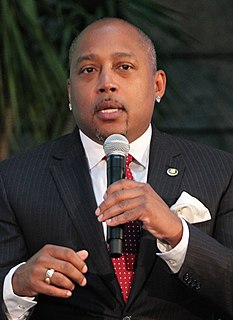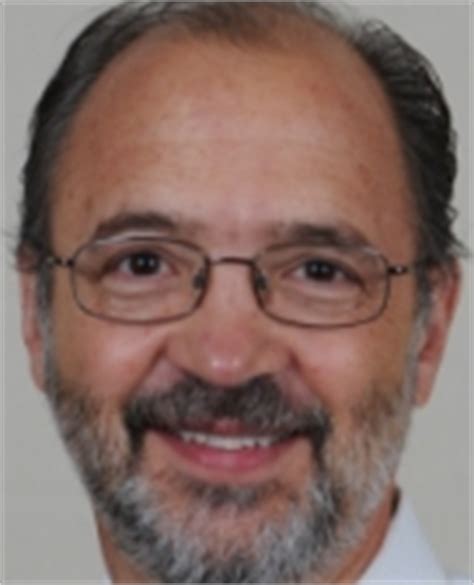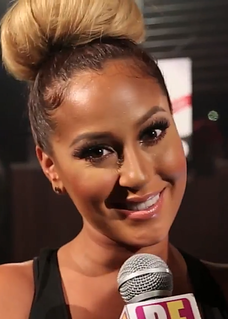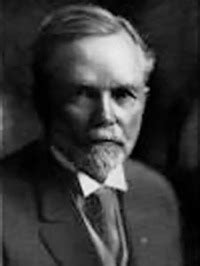A Quote by Sydney J. Harris
Parents - and teachers too - are woefully short-sighted when they try to protect the child from his mistakes, when they make the "right answer" more important than the quest for knowledge and good judgment. For what is not learned within one's self cannot be learned from another.
Related Quotes
The important thing is not so much that every child should be taught, as that every child should have the opportunity of teaching itself. What does it matter if the pupil know a little more or a little less? A boy who leaves school knowing much, but hating his lessons, will soon have forgotten all he ever learned; while another who had acquired a thirst for knowledge, even if he had learned little, would soon teach himself more than the first ever knew.
A self-made man, if he is made at all, has already won the battle of life. . . . he has learned to resist. He has learned the value of money, and how to refuse to spend it. He has learned the value of time, and how the conversion of it into useful things will make of his life something worthwhile. He has learned to say no, to say no at the right time and then to stand by it. Without resistance, and the self-denial which it often imposes, there is no real happiness. In the quest for happiness man must learn that temptation resisted strengthens the mind and the soul.
Be proud of your mistakes. Well, proud may not be exactly the right word, but respect them, treasure them, be kind to them, learn from them. And, more than that, and more important than that, make them. Make mistakes. Make great mistakes, make wonderful mistakes, make glorious mistakes. Better to make a hundred mistakes than to stare at a blank piece of paper too scared to do anything wrong.
An empathic way of being can be learned from empathic persons. Perhaps the most important statement of all is that the ability to be accurately empathic is something which can be developed by training. Therapists, parents and teachers can be helped to become empathic. This is especially likely to occur if their teachers and supervisors are themselves individuals of sensitive understanding. It is most encouraging to know that this subtle, elusive quality, of utmost importance in therapy, is not something one is "born with", but can be learned, and learned most rapidly in an empathic climate.
I have not always chosen the safest path. I've made my mistakes, plenty of them. I sometimes jump too soon and fail to appreciate the consequences. But I've learned something important along the way: I've learned to heed the call of my heart. I've learned that the safest path is not always the best path and I've learned that the voice of fear is not always to be trusted.
So I learned that the people who make the most of the process of encountering reality, especially the painful obstacles, learn the most and get what they want faster than people who do not. ... In short, I learned that being totally truthful, especially about mistakes and weaknesses, led to a rapid rate of improvement and movement toward what I wanted.
I realize that some people will not believe that a child of little more than ten years is capable of having such feelings. My story is not intended for them. I am telling it to those who have a better knowledge of man. The adult who has learned to translate a part of his feelings into thoughts notices the absence of these thoughts in a child, and therefore comes to believe that the child lacks these experiences, too. Yet rarely in my life have I felt and suffered as deeply as at that time.
I learned that everyone makes mistakes and has weaknesses and that one of the most important things that differentiates people is their approach to handling them. I learned that there is an incredible beauty to mistakes, because embedded in each mistake is a puzzle, and a gem that I could get if I solved it, i.e. a principle that I could use to reduce my mistakes in the future.































